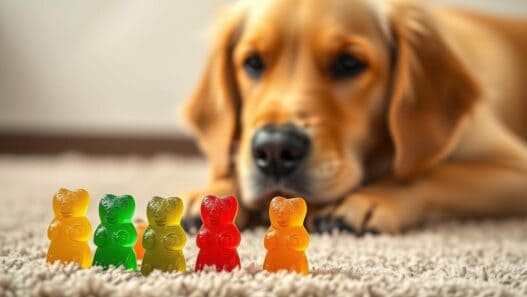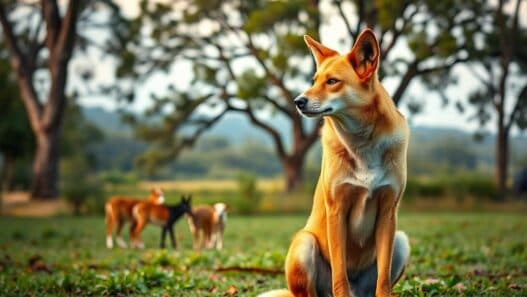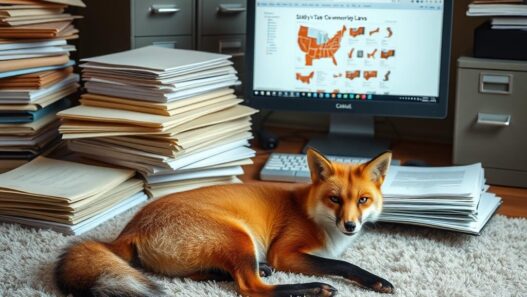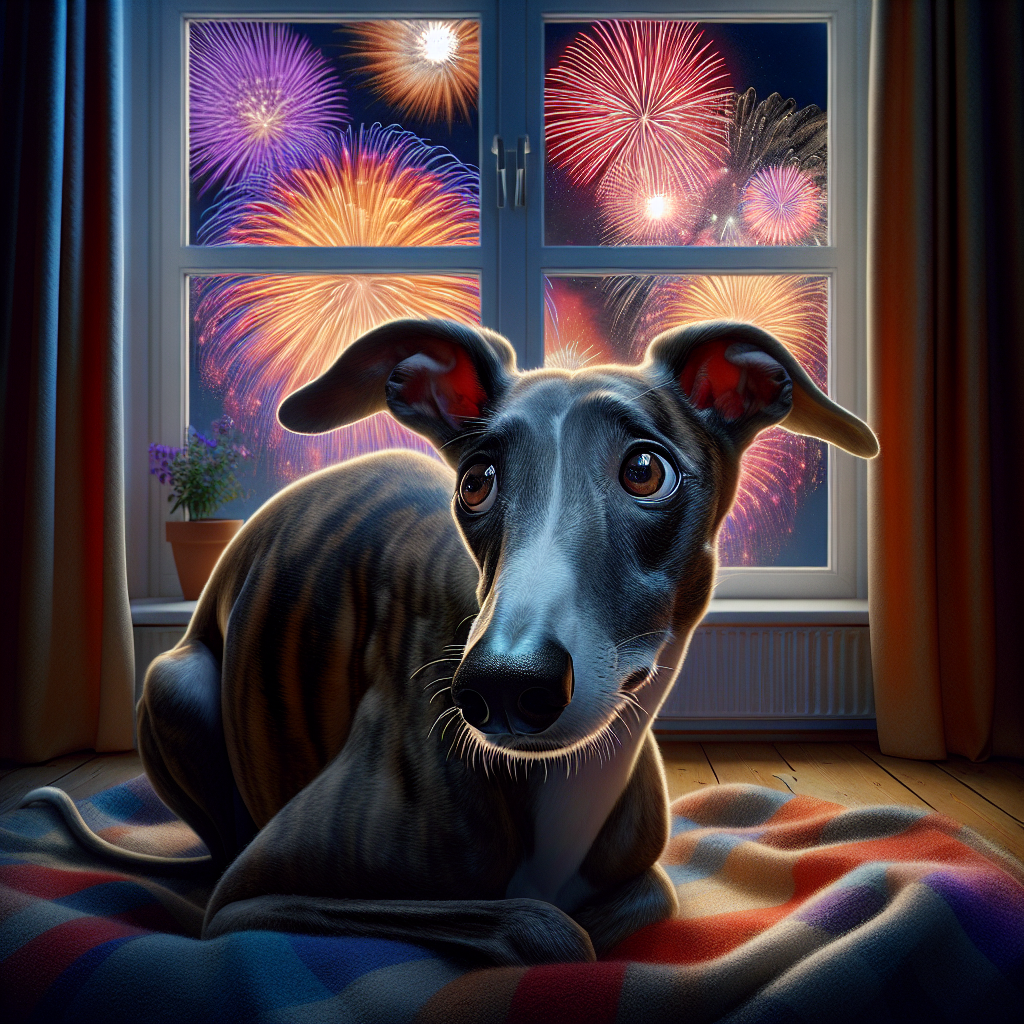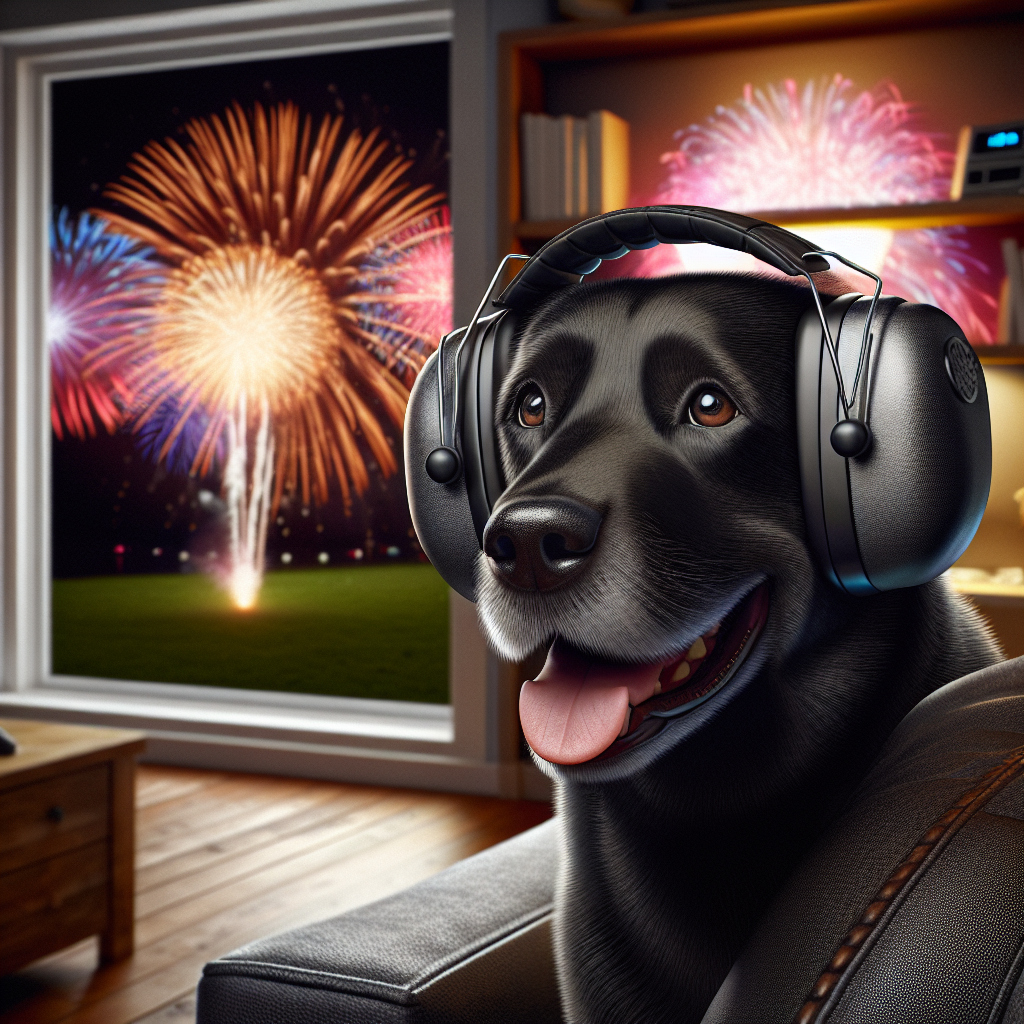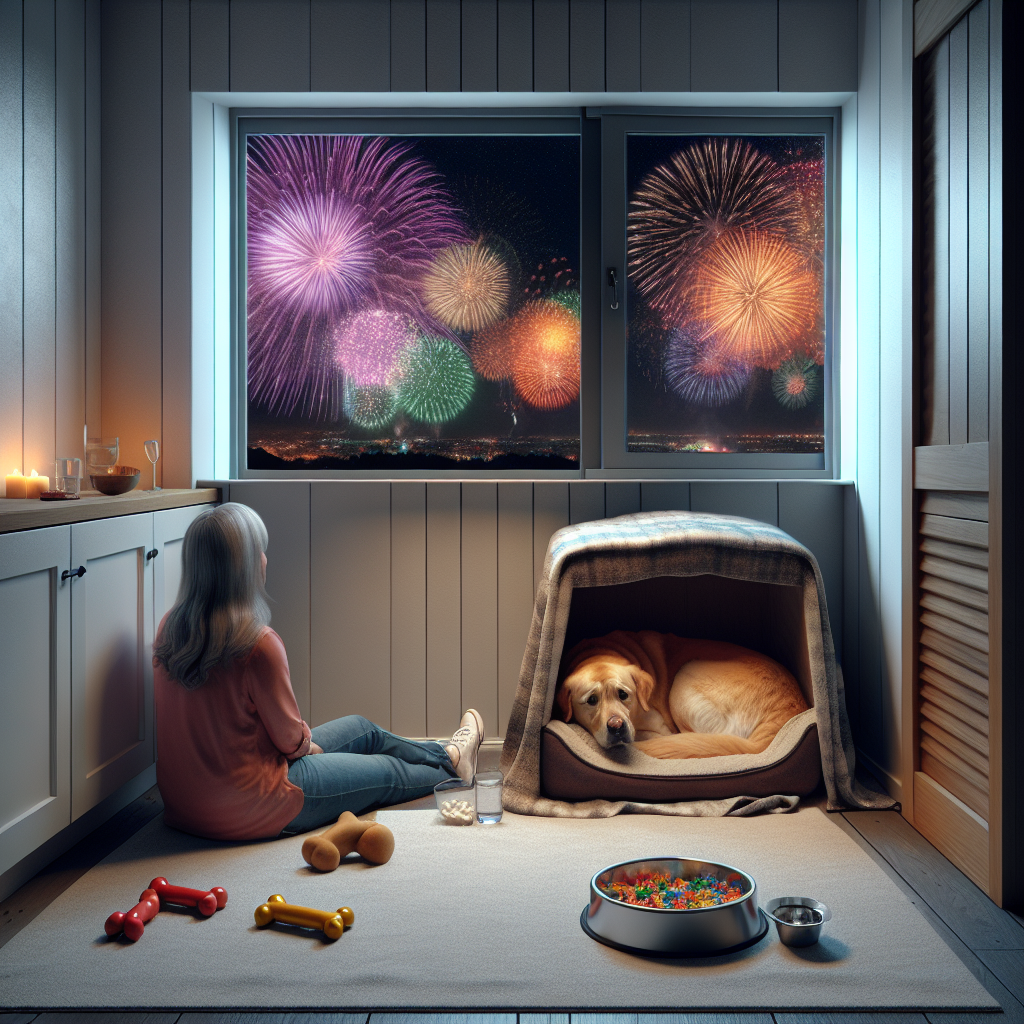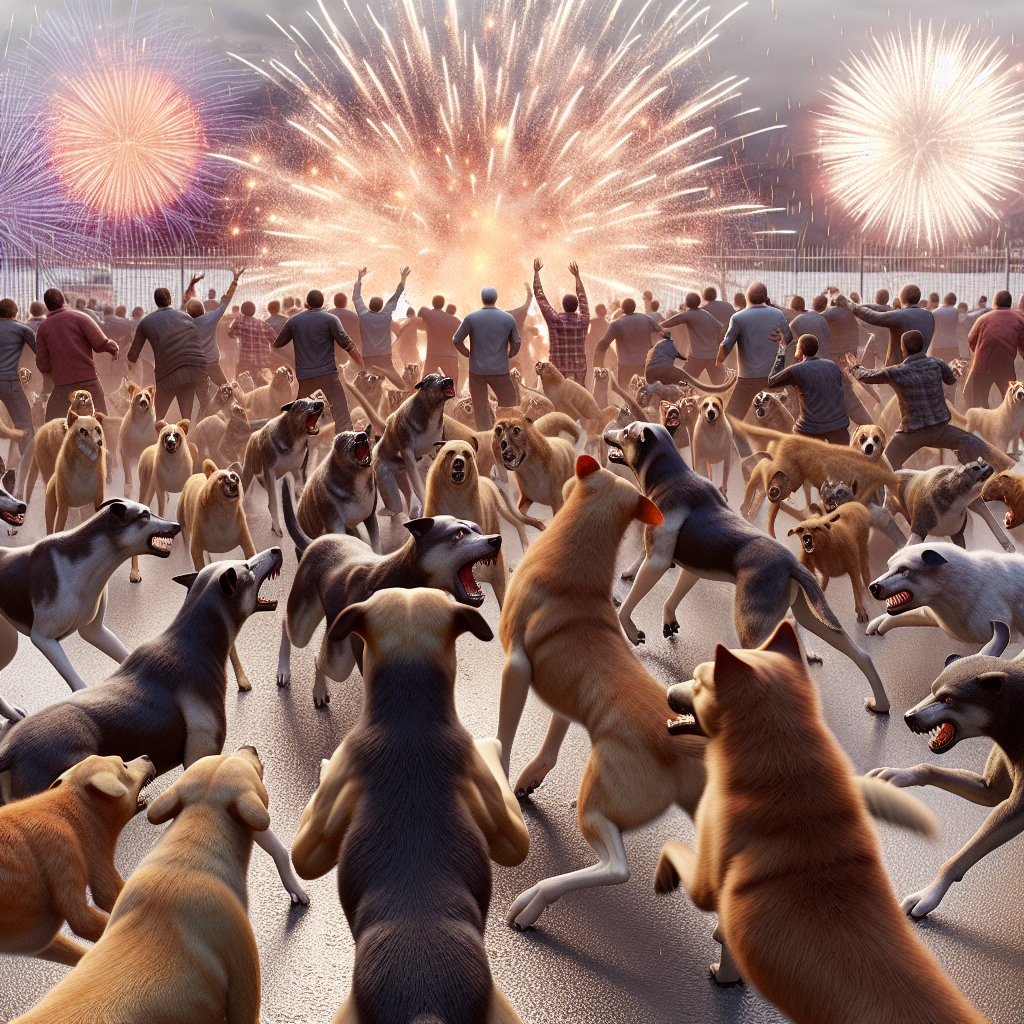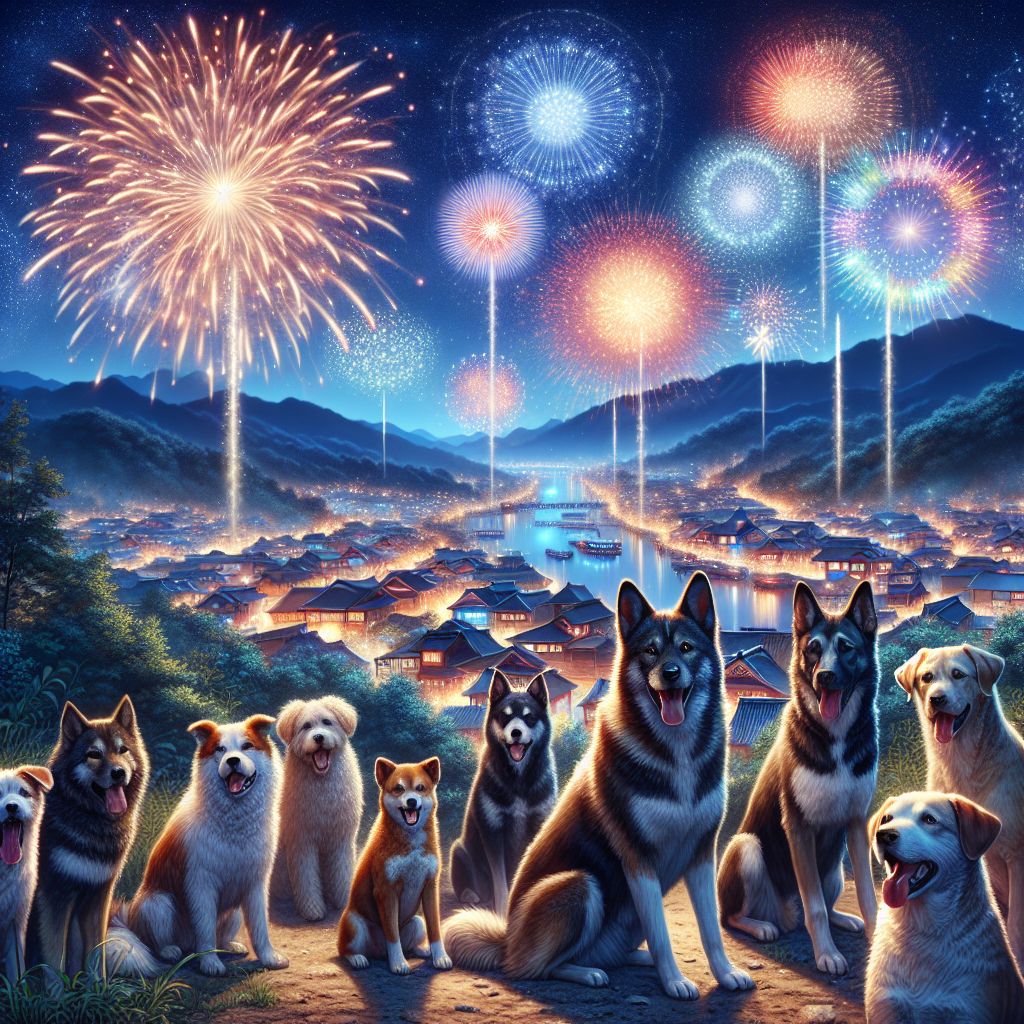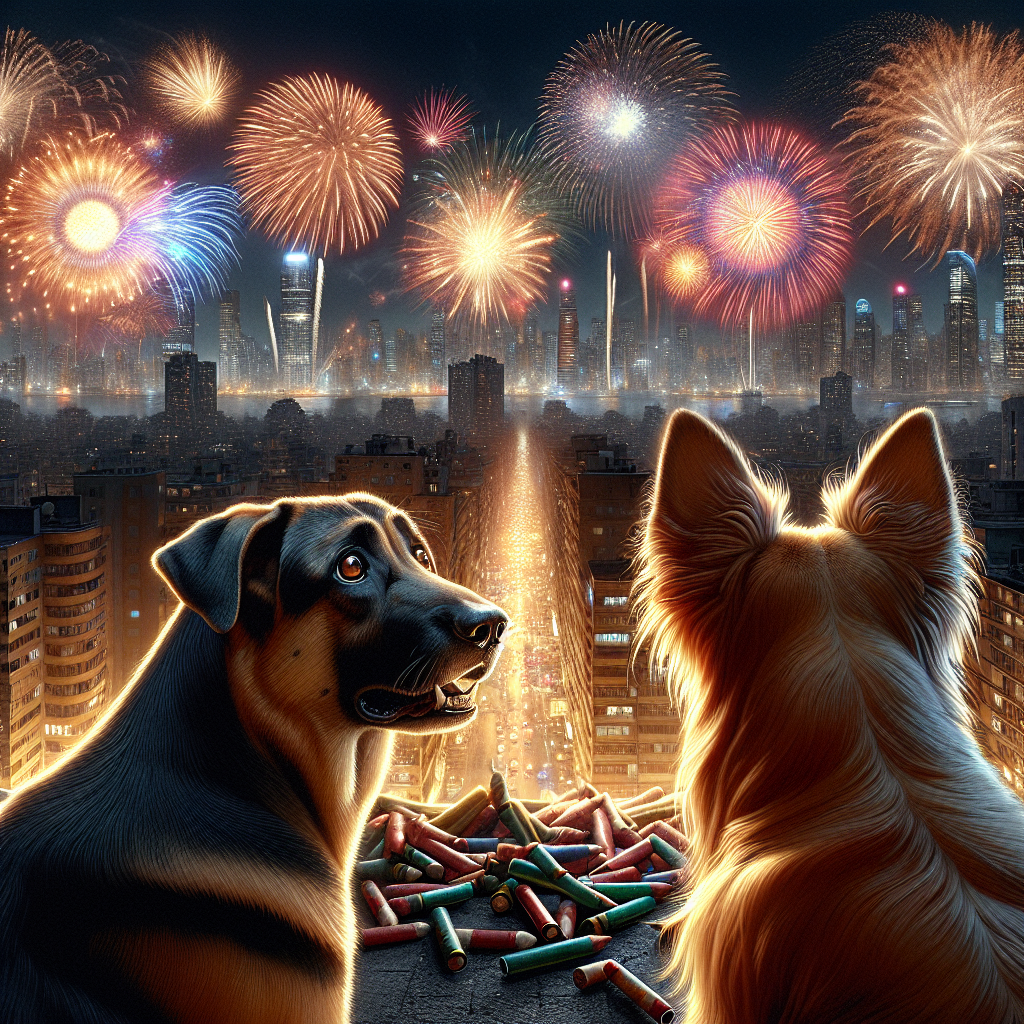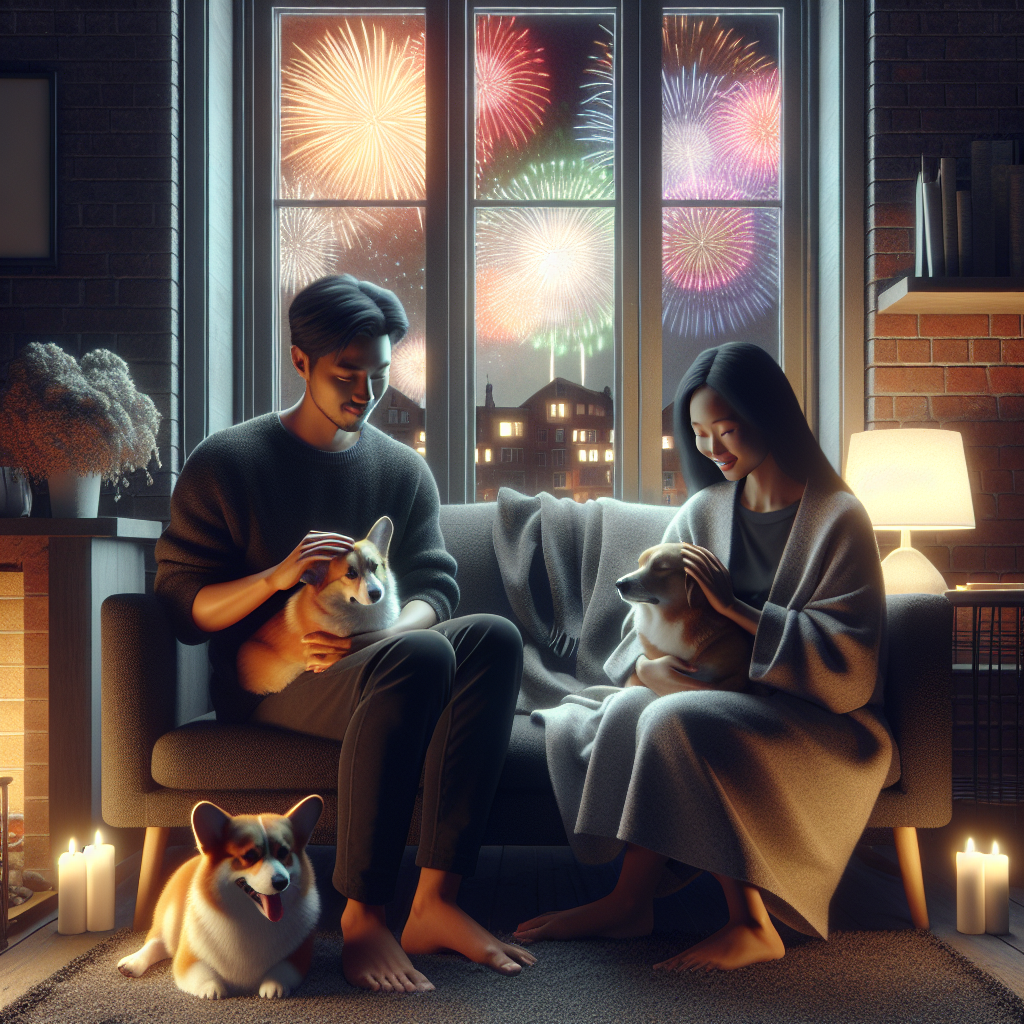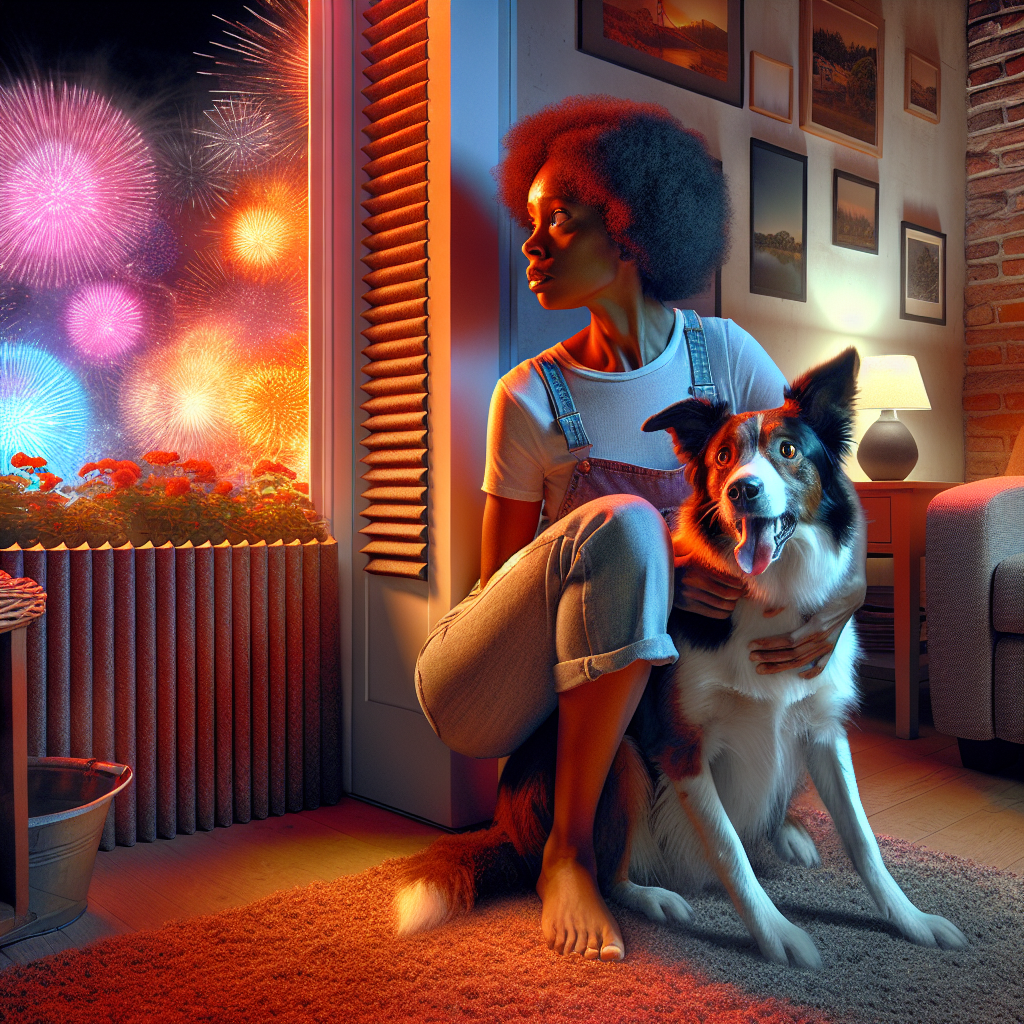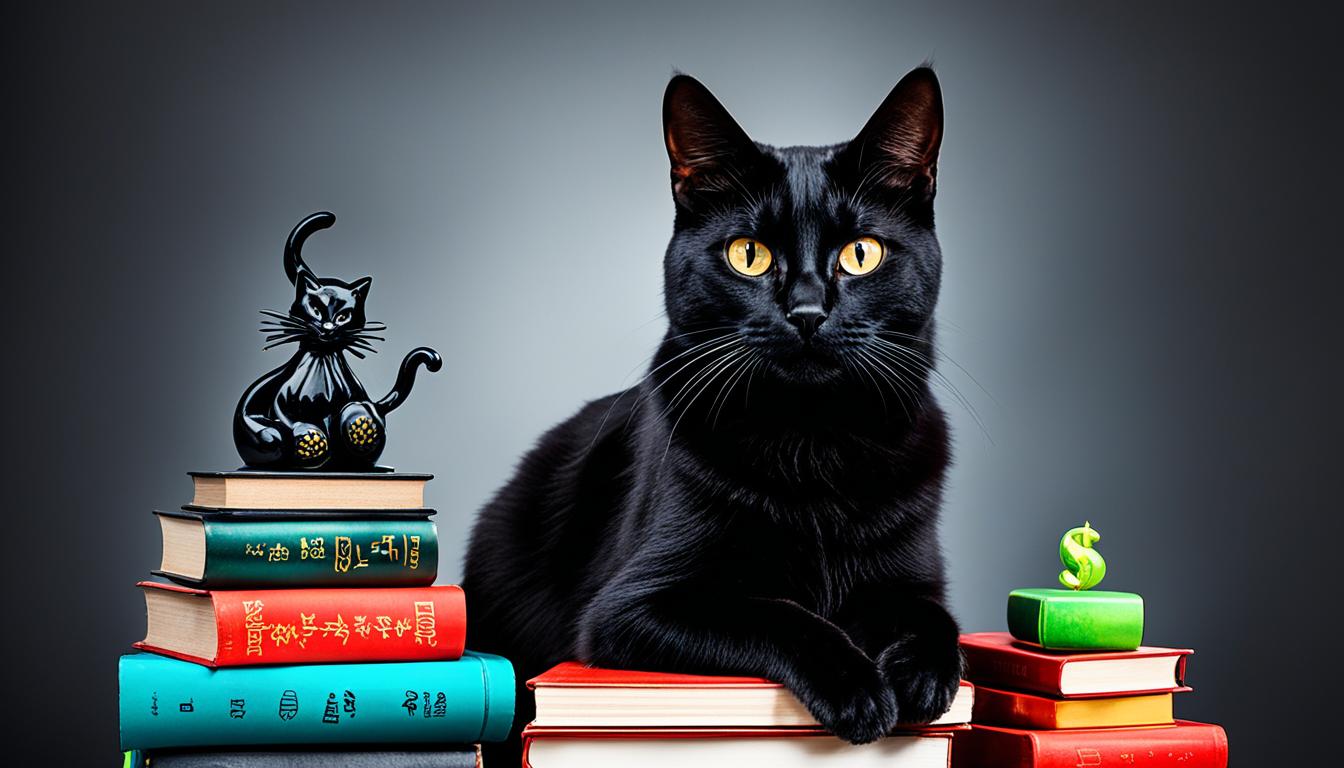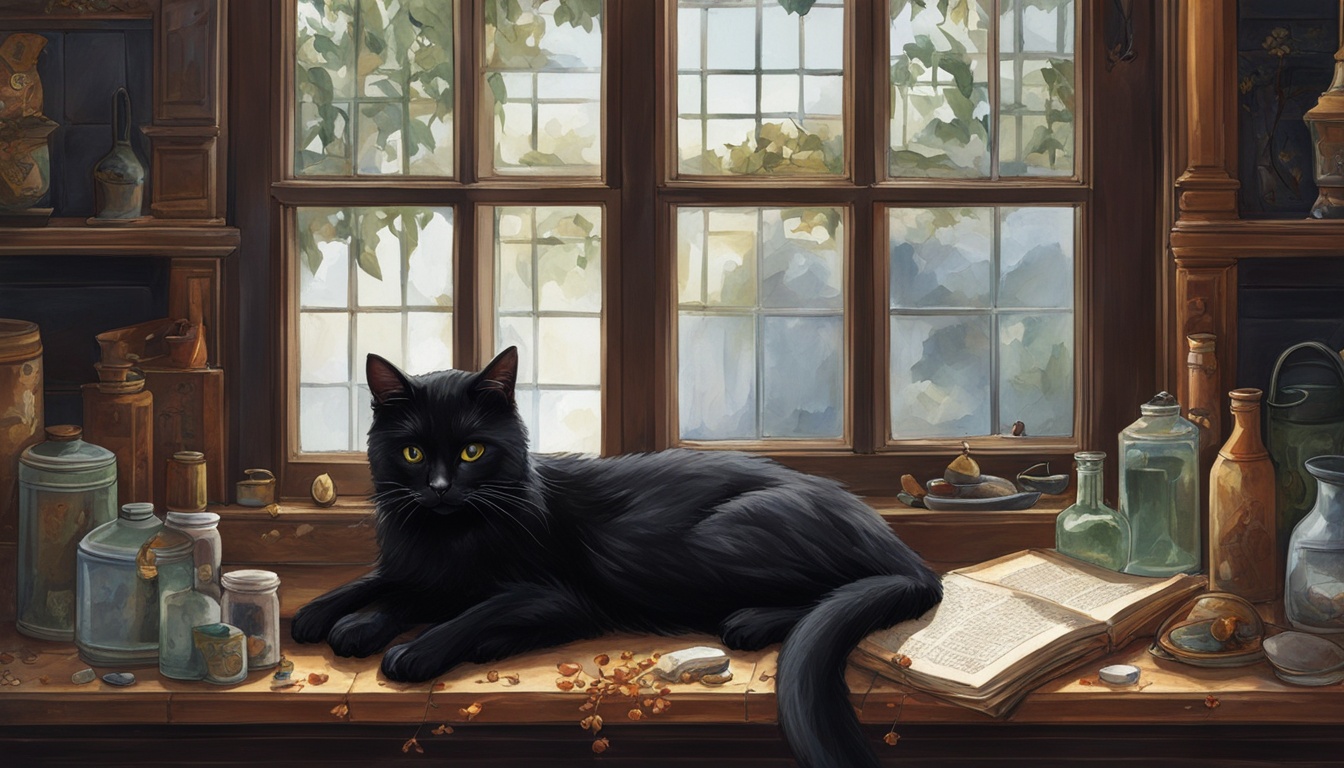Understanding Fireworks Anxiety
Fireworks can turn a fun celebration into a nightmare for many dogs. The loud bangs, bright flashes, and strange smells can send them into a tailspin of fear. Let’s break down why this happens and how you can help your furry buddy feel safe.
Why Dogs Freak Out Over Fireworks
Dogs have their reasons for getting anxious during fireworks. The sudden loud noises, unexpected flashes of light, and unusual smells can be too much for them to handle. It’s like sensory overload on steroids.
The American Kennel Club points out that dogs already scared of thunderstorms are likely to be terrified of fireworks too. And if your dog has had a rough past, like abuse or neglect, those booming sounds can be even more frightening (Animal Emergency Care).
How to Spot Fireworks Anxiety
When dogs are scared of fireworks, they show it in different ways. Some signs are easy to spot, while others might be more subtle. Here’s what to look for:
- Shaking or trembling
- Excessive barking or howling
- Hiding or trying to find a safe spot
- Pacing around nervously
- Heavy panting or fast breathing
- Wide, dilated eyes
- Chewing or destroying things
- Not eating
Every dog is different. Some might only show one or two signs, while others could display a whole bunch. Knowing your dog’s specific signs of anxiety can help you step in and calm them down.
For more tips on keeping your dog safe and calm during fireworks, check out our full guide on fireworks safety for dogs.
Helping Your Dog Handle Fireworks Anxiety
Fireworks can be a nightmare for dogs. The loud bangs, bright flashes, and strange smells can turn your calm pup into a trembling mess. But don’t worry, we’ve got some tips to help you and your furry buddy get through it.
Keep Your Dog Indoors
First things first, keep your dog inside during fireworks. The noise and lights can freak them out, causing them to shake, howl, or even try to run away. Close the windows and draw the curtains to muffle the sounds and block the flashes. Leaving them outside is a big no-no; it can make their anxiety worse and increase the risk of them getting hurt or lost.
Create a Cozy Hideout
Set up a comfy spot in a quiet part of your home where your dog can feel safe. This could be a room they like or even their crate if they’re used to it. Fill it with their favorite things—like their bed, toys, and blankets—to make it feel familiar. You can also play some white noise or calming music to drown out the fireworks.
Try Calming Techniques
Comforting your dog can actually help them feel less scared. Pet them, talk to them in a soothing voice, or give them a gentle massage. Some people think this might reinforce their fear, but it usually helps them feel more secure. You can also try anxiety wraps or vests that apply gentle pressure, similar to swaddling a baby, to help them relax.
By following these tips, you can make fireworks a little less terrifying for your dog. Keep them inside, set up a cozy hideout, and use calming techniques to help them feel safe. For more advice, check out our article on fireworks safety for dogs.
Helping Your Dog Chill Out During Fireworks
Fireworks can turn your dog into a nervous wreck, but there are ways to help them keep their cool. Desensitization is a great way to ease their anxiety. By slowly getting them used to the sounds and sights of fireworks in a positive way, you can make these events less terrifying for them. Here are three tricks that can really help:
Easing into Fireworks Sounds
One of the best ways to help your dog get used to fireworks is through sound training. Start by playing fireworks sounds at a low volume while giving your dog treats and lots of praise. Gradually turn up the volume as your dog gets more comfortable. This slow and steady approach helps them get used to the noise without freaking out (PetMD).
Snug and Secure with Anxiety Vests
Anxiety vests, like dog wraps or thunder shirts, can work wonders. These snug-fitting garments apply gentle pressure to your dog’s body, kind of like swaddling a baby. This pressure can have a calming effect, making your dog feel more secure during fireworks. Just make sure the vest fits well for it to work its magic (PetMD).
Burn Off That Extra Energy
A tired dog is a calm dog. Before the fireworks start, take your dog for a long walk, play fetch, or do any activity they love. Burning off their energy can make them less likely to react to the noise and chaos of fireworks. Plus, exercise can help them relax and feel more at ease.
Patience and consistency are key when it comes to desensitizing your dog to fireworks. Start well before any fireworks events to give your dog plenty of time to adjust. For more tips on calming dogs during fireworks, check out our detailed guide.
By using sound training, anxiety vests, and physical exercise, you can help your dog gradually get over their fireworks anxiety. But if your dog’s anxiety is really bad or doesn’t improve, it might be time to talk to a vet or a professional behaviorist. Up next, we’ll look at how to get professional help for managing your dog’s fireworks anxiety.
Getting Help for Your Dog’s Fireworks Anxiety
Fireworks can turn your dog into a nervous wreck. If your pup freaks out at the first bang, it’s time to get some expert advice. Here are three ways to help: talk to a vet, consider meds, and get a behavior pro on board.
Talk to a Vet
If your dog goes bonkers during fireworks, a vet visit is a must. They can figure out what your dog needs and suggest ways to keep them calm. This might include meds, CBD treats, calming snacks, or anxiety vests. Chat with your vet to find the best fit for your dog.
Medication Options
For dogs with serious fireworks anxiety, vets might prescribe meds to chill them out. These can make fireworks less of a nightmare for your dog. Always check with your vet before giving any meds to make sure you’re doing it right. Over-the-counter stuff like CBD, calming treats, or anxiety vests can also help, but again, ask your vet first.
Behavioral Consultation
A pro dog trainer or animal behaviorist can be a game-changer. They can figure out what sets your dog off and come up with a plan to help. This might include desensitization, counterconditioning, or other training tricks. A pro can make a big difference in how your dog handles fireworks and improve their overall happiness.
Getting professional help means your dog gets the right care to handle fireworks anxiety. Every dog is different, so what works for one might not work for another. Professionals can tailor their advice to your dog’s needs. With a mix of vet advice, meds if needed, and behavior training, you can help your dog feel safer during fireworks. For more tips on keeping your dog safe during fireworks, check out our article on fireworks safety for dogs.
Why Dogs Freak Out Over Fireworks
Fireworks and dogs often don’t mix well. If your pup turns into a trembling mess every Fourth of July, you’re not alone. Let’s break down why some dogs lose their cool over fireworks and what you can do to help them chill out.
Blame It on the Genes
Some dogs are just born more anxious than others. Genetics can make certain breeds more likely to freak out over loud noises. For example, herding breeds like Border Collies might be more skittish around fireworks, while hunting breeds like Labradors might not bat an eye (Rover).
Also, if a dog’s mom was stressed out during pregnancy, that stress can get passed down. So, if your dog’s mom was a nervous wreck, your pup might be too. But remember, every dog is unique. Just because a breed is known for being anxious doesn’t mean every dog in that breed will be.
Puppyhood Matters
What happens to a dog as a puppy can stick with them for life. If a puppy has a bad experience with loud noises, they might grow up to be scared of fireworks. Puppies are like little sponges, soaking up everything around them. If they get spooked by a loud bang early on, that fear can stick.
Monkey See, Monkey Do
Dogs are great at picking up on our emotions. If they see you or another dog freaking out during fireworks, they might think they should be scared too. It’s like when you see someone else panic and you start to feel anxious yourself (Rover).
Creating a calm environment can help. If you stay cool and collected, your dog is more likely to stay calm too.
Helping Your Dog Cope
Understanding why your dog is scared is the first step. Next, you can work on helping them feel safe. In the next section, we’ll dive into some practical tips for managing fireworks anxiety in dogs. We’ll cover training techniques, preventive measures, and how to keep your dog safe during fireworks events. Stay tuned!
Long-Term Management
Helping your dog cope with fireworks anxiety isn’t a one-time fix. You need a game plan that sticks. By training for desensitization, taking preventive steps, and keeping them safe during fireworks, you can make a big difference in their comfort and security.
Training for Desensitization
Desensitization is like easing into a cold pool. You start slow and build up. Play recorded or simulated firework sounds at a low volume and gradually crank it up. While doing this, keep your dog busy with fun stuff like playtime, treats, and lots of praise. The goal? Make fireworks sounds less scary and more like background noise.
For best results, get a pro dog trainer who knows the ropes. They can tailor the training to fit your dog’s quirks and needs.
Preventive Measures
Preventive steps can make a world of difference. Here’s what you can do:
-
Create a Safe Space: Set up a cozy, quiet spot in your home where your dog can chill during fireworks. Fill it with their favorite toys, comfy bedding, and maybe even a piece of your clothing for that comforting scent.
-
Soundproofing: Shut windows, draw curtains, and play some calming music or white noise to drown out the fireworks.
-
Distraction and Engagement: Keep your dog busy with puzzle toys or interactive games. The goal is to keep their mind off the fireworks.
-
Calming Products: Try pheromone diffusers, anxiety wraps, or herbal supplements to help your dog stay calm.
Ensuring Safety During Events
When the fireworks start, safety is key:
-
Keep Your Dog Indoors: Always keep your dog inside during fireworks. This prevents them from bolting out of fear or getting hurt by fireworks debris.
-
Identification and Microchipping: Make sure your dog has a collar with ID tags. Microchipping adds an extra layer of security in case they do get out.
-
Comfort and Reassurance: Stay with your dog during the fireworks. Comfort them with gentle petting, soothing words, and a calm presence. Your reassurance can go a long way.
-
Consult Your Vet: If your dog’s anxiety is off the charts, talk to your vet. They can suggest behavior modification techniques or even anti-anxiety meds if needed (Zoetis Petcare).
By sticking to these long-term strategies, you can help your dog handle fireworks anxiety better. Training for desensitization, taking preventive measures, and ensuring safety during fireworks are all part of the plan. Every dog is different, so you might need to mix and match strategies to find what works best. And don’t hesitate to get advice from the pros.

